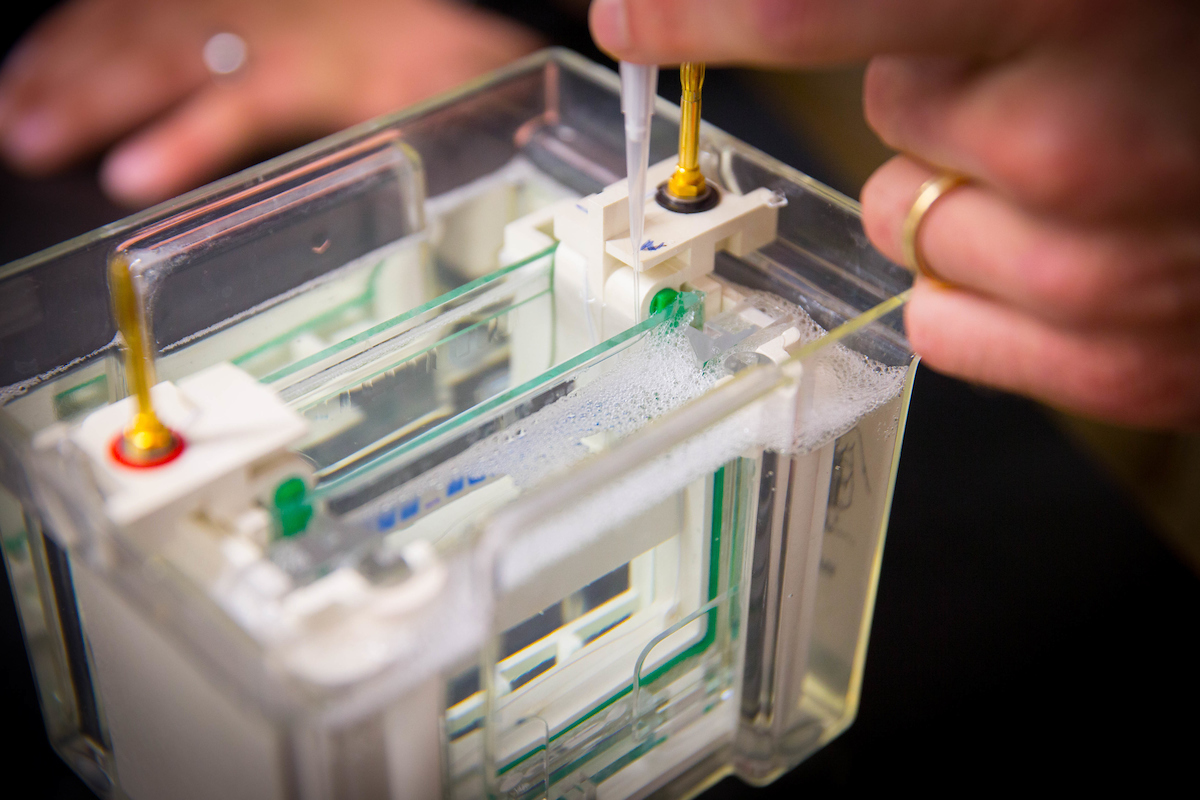Fatigue, headaches, coughing and difficulty breathing: These symptoms affect daily life for people living with long COVID.
This is a condition marked by persistent symptoms long after a person initially recovered from COVID-19.
While so much is still unknown about how COVID-19 will continue to affect the health of those who survived, Dr. Christopher Lupfer, assistant professor of biology at Missouri State University, participated in a promising collaborative clinical trial.
He and the other researchers studied how N115, a natural product that consists of sodium pyruvate, reduces the symptoms of long COVID.
“Pyruvate is present in every cell of the body and is important for energy,” Lupfer said.
He also lists its antioxidant qualities, as well as its ability to increase nitric oxide, which improves lung function and fights infection.
The U.S. Food and Drug Administration is currently evaluating N115.
After participating in this study, Lupfer said, “N115 will hopefully be approved and marketed soon.”
Improved breathing, fewer headaches
The study included 22 patients with long COVID.
The research team monitored each patient for one week to establish a baseline of symptoms for each individual.
Then, they gave the patients N115 for one week. Their vital signs and symptoms were recorded and compared to the baselines.
“All 22 patients saw improvement in vital signs or disease symptoms compared to the week with no treatment,” Lupfer said.
This included improved breathing, less coughing and fewer headaches.
“Their blood oxygen levels also improved, demonstrating that patients were breathing better,” he added.
Coming together for greater results
The study was done in collaboration with:
- Emphycorp Inc.
- Dynamic DNA Labs.
- Trinity Healthcare.
- Family First Medical Research Clinic.
“We would like to thank Emphycorp for working with us to test this promising treatment, and our collaborators Dynamic DNA Labs, Trinity Healthcare and Family First Medical Research Clinic for their valuable support,” Lupfer said. “We especially thank the long COVID patients who participated in the clinical trial.”
The study is now published on ClinicalTrials.gov and the European Journal of Respiratory Medicine.

